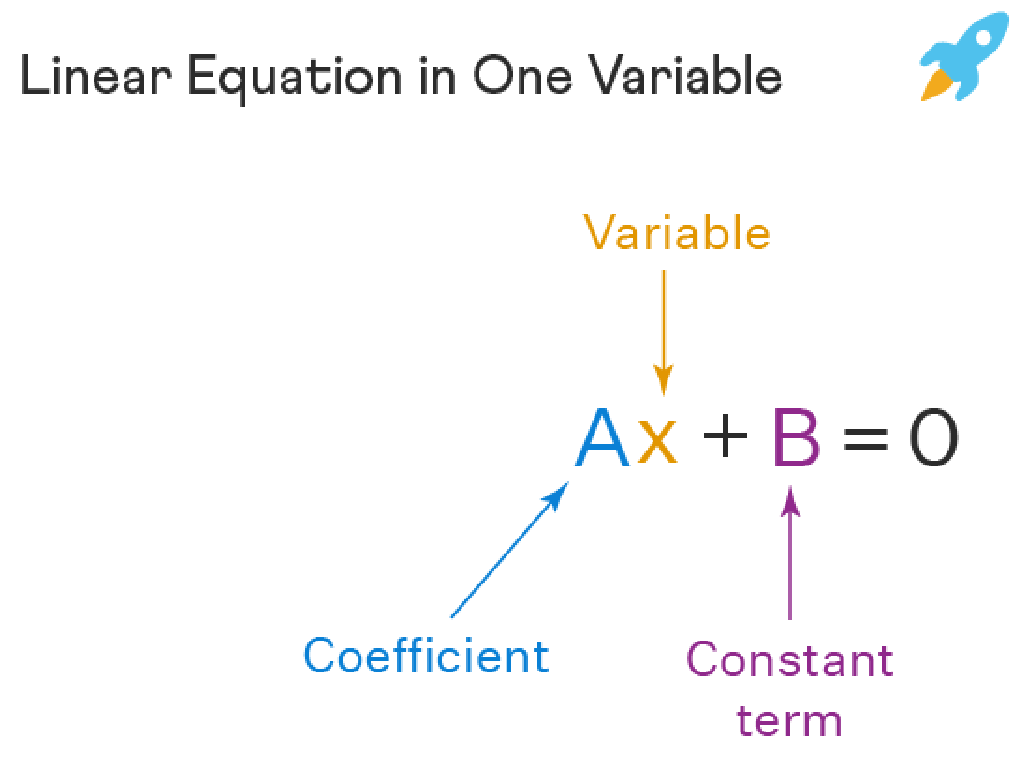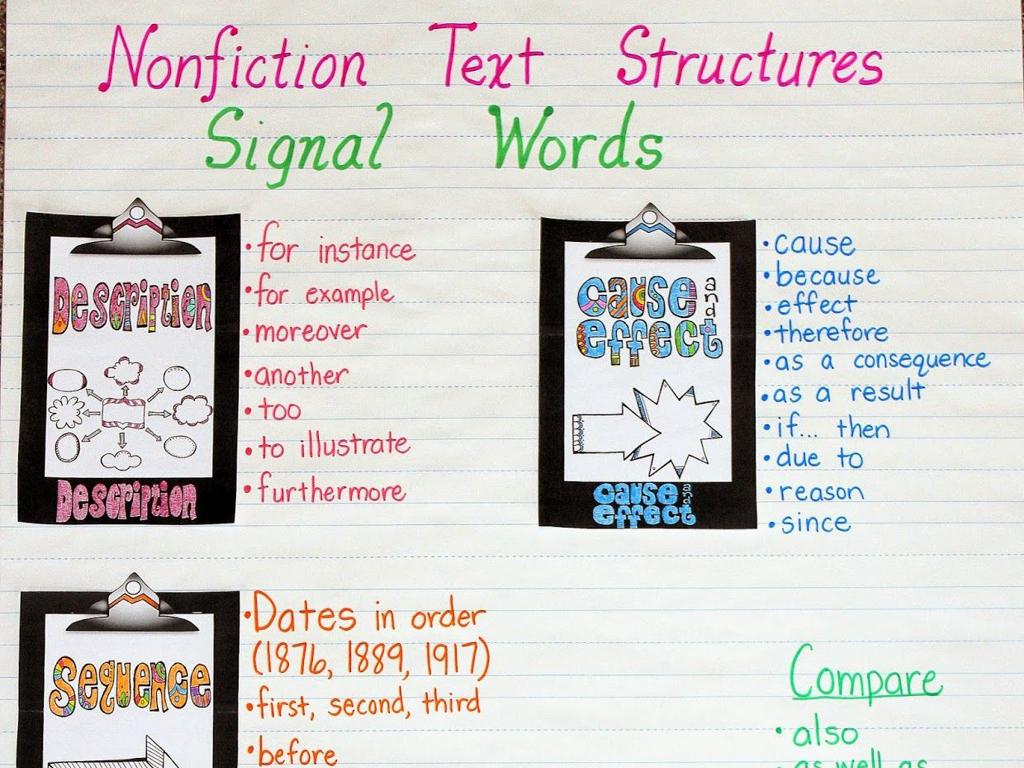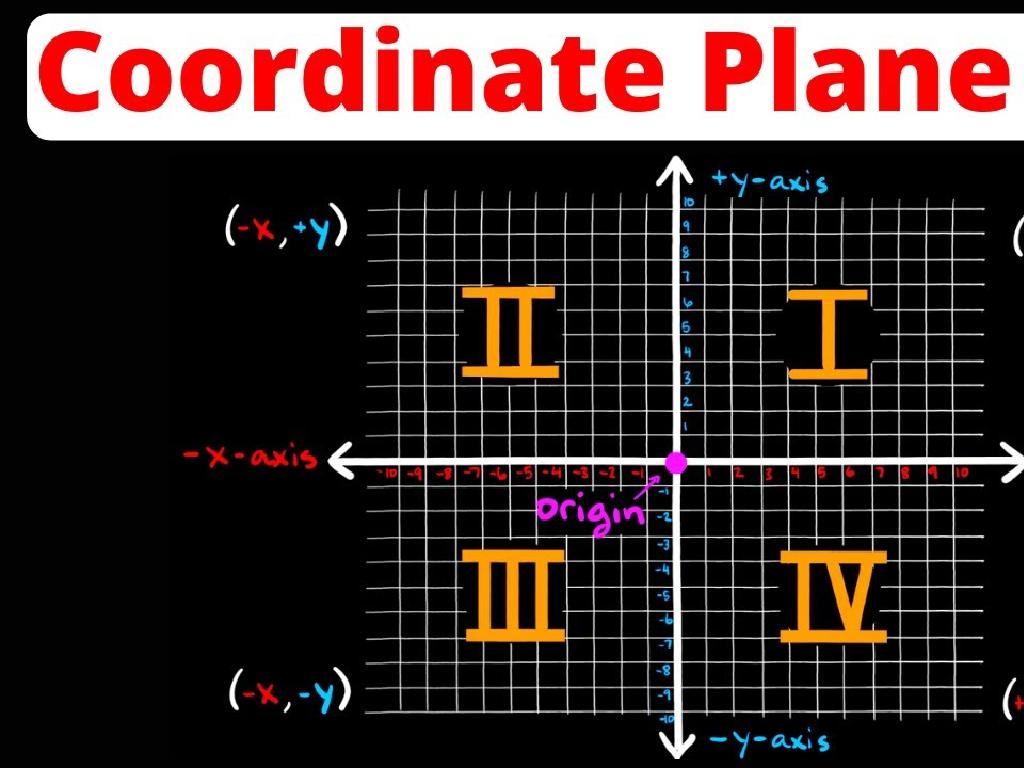Determine The Meaning Of A Word With Pre-, Re-, Or Mis-
Subject: Language arts
Grade: Second grade
Topic: Prefixes And Suffixes
Please LOG IN to download the presentation. Access is available to registered users only.
View More Content
Welcome to Prefix Power!
– Become word detectives today
– Learn about ‘prefixes’
– Prefixes are like clues to the meaning of a word
– Prefixes change word meanings
– They are added to the start of words
– Examples: ‘pre-‘, ‘re-‘, ‘mis-‘
– ‘pre-‘ means before, ‘re-‘ means again, ‘mis-‘ means wrong
|
In this lesson, students will be introduced to the concept of prefixes as tools to decode the meaning of new words. Emphasize that understanding prefixes can turn them into word detectives, able to uncover the meaning of unfamiliar words. Explain that prefixes are added to the beginning of words and can alter the word’s meaning in a predictable way. Use examples like ‘preview’ (view before), ‘redo’ (do again), and ‘misplace’ (place wrong). Encourage students to think of words they know that start with ‘pre-‘, ‘re-‘, or ‘mis-‘ and discuss how the prefix changes the meaning. This will help them understand how to use context to determine the meaning of a word with a prefix.
Exploring Prefixes: pre-, re-, mis-
– What’s a prefix?
– A prefix is a set of letters added to the start of a word.
– Examples: pre-, re-, mis-
– ‘pre-‘ means before, ‘re-‘ means again, ‘mis-‘ means wrong.
– Prefixes modify meanings
– They change how we understand the root word.
– Practice with examples
– ‘preview’, ‘redo’, ‘misplace’ – guess what they mean!
|
This slide introduces the concept of prefixes to second-grade students, focusing on ‘pre-‘, ‘re-‘, and ‘mis-‘. Begin by explaining that a prefix is like a word helper that changes the meaning of the word it’s attached to. Provide examples for each prefix and how it alters the meaning of the root word. For instance, ‘pre-‘ can mean before, so when we add it to ‘view’, it becomes ‘preview’, which means to view before. Similarly, ‘re-‘ means again, so ‘redo’ means to do again. ‘Mis-‘ often implies something is done incorrectly, so ‘misplace’ means to place something in the wrong way. Encourage students to think of other words with these prefixes and discuss what the new words mean. This will help them understand how prefixes work and how they can figure out the meaning of new words they encounter.
The Power of ‘pre-‘
– ‘pre-‘ means ‘before’
– Example: ‘preview’
– Adding ‘pre-‘ to ‘view’ makes ‘preview’, to see before it happens
– Find other ‘pre-‘ words
– Think of words like ‘prepare’ or ‘predict’
– Understanding ‘pre-‘
– ‘pre-‘ helps us know something happens before
|
This slide introduces the prefix ‘pre-‘ to second-grade students, explaining that it means ‘before’ or ‘in advance’. Use ‘preview’ as a clear example to show how ‘pre-‘ changes the meaning of a word. Encourage students to think of other words that start with ‘pre-‘ and discuss what they mean. This activity will help them understand how prefixes can alter the meaning of base words and enhance their vocabulary. For the class activity, students can brainstorm and share their ‘pre-‘ words, fostering a collaborative learning environment. The teacher should guide the discussion, ensuring that students grasp the concept that ‘pre-‘ indicates something occurring before another event.
The Magic of ‘re-‘: Learning Prefixes
– ‘re-‘ means ‘again’ or ‘back’
– ‘redo’ means to do something again
– For example, ‘redo’ from ‘do’ implies doing once more
– Brainstorm ‘re-‘ words as a class
– Think of ‘re-‘ words like ‘return’, ‘review’, ‘replay’
– Understand how ‘re-‘ changes word meanings
– ‘re-‘ can make us think of action in the past or repeating
|
This slide introduces the prefix ‘re-‘ to second graders, explaining its meaning and how it alters the definition of the root word. Start by explaining the concept of a prefix and how it’s a group of letters added to the beginning of a word to change its meaning. Use ‘redo’ as a clear example to show that ‘re-‘ means doing something again. Engage the class by brainstorming other words that start with ‘re-‘ and discuss what each new word means. This activity will help students recognize patterns in word formation and enhance their vocabulary. Encourage them to come up with creative examples and use them in sentences to solidify their understanding.
Understanding ‘mis-‘: When Things Go Wrong!
– ‘mis-‘ means ‘wrongly’
– ‘mis-‘ before a word means a mistake was made
– Example: ‘misspell’ means to spell wrong
– Adding ‘mis-‘ to ‘spell’ creates ‘misspell’, which is to spell a word the wrong way
– Find other ‘mis-‘ words
– Can you think of words like ‘misplace’ (to put in the wrong place)?
– How does ‘mis-‘ change a word?
– ‘mis-‘ can make words mean the opposite or a wrong action
|
This slide introduces the prefix ‘mis-‘ to second graders, explaining that it indicates an incorrect action or error. Start by discussing the meaning of ‘mis-‘ and how it alters the meaning of the root word. Use ‘misspell’ as a clear example to show how the prefix changes the word ‘spell’ to mean spelling something incorrectly. Encourage students to brainstorm other words that start with ‘mis-‘ and discuss how the prefix affects those words. This activity will help students understand how prefixes can change word meanings and enhance their vocabulary. Make sure to provide guidance and examples, such as ‘misplace’ or ‘misunderstand’, to help them grasp the concept.
Prefix Practice: Discovering Word Meanings
– Finding prefixes in new words
– Look for ‘pre-‘, ‘re-‘, or ‘mis-‘ at the start of words
– Working on a prefix worksheet
– We’ll complete a fun worksheet in class together
– Prefixes as clues to meaning
– Understand how ‘pre-‘, ‘re-‘, or ‘mis-‘ change a word’s meaning
|
This slide introduces the concept of prefixes to second graders and emphasizes their role in altering the meaning of base words. Begin by explaining what a prefix is and provide examples for ‘pre-‘, ‘re-‘, and ‘mis-‘. For instance, ‘pre-‘ means before, so ‘preview’ means to view before. ‘Re-‘ means again, so ‘rewrite’ means to write again. ‘Mis-‘ means wrong, so ‘misplace’ means to place wrongly. The worksheet activity should include a variety of words with these prefixes for students to work through, identifying the prefix and inferring the word’s meaning from it. Encourage students to use context clues from sentences to help them understand the new words. The goal is for students to recognize that prefixes give them helpful hints about what a word could mean, enhancing their vocabulary and reading comprehension skills.
Class Activity: Prefix Hunt
– Let’s hunt for prefixes in class!
– Find words with ‘pre-‘, ‘re-‘, ‘mis-‘
– Write down the words you discover
– Share words and their meanings
|
This activity is designed to help students recognize and understand the meaning of prefixes. ‘Pre-‘ means before, ‘re-‘ means again, and ‘mis-‘ means wrong or badly. Scatter various objects or flashcards with words that include these prefixes around the classroom. Encourage students to work individually or in small groups to find and write down the words. After the hunt, regroup and have students share the words they found, discussing the meaning of each prefix and how it changes the word’s definition. Possible words could include ‘preview’, ‘redo’, ‘mismatch’. This will help them understand how prefixes can alter the meaning of base words and enhance their vocabulary.
Prefix Detectives: Mission Accomplished!
– Congrats on learning ‘pre-‘, ‘re-‘, ‘mis-‘
– Prefixes unlock word meanings
– Prefixes like ‘pre-‘ for before, ‘re-‘ for again, change word meanings.
– Spot prefixes in daily reading
– Find prefixes in books, signs, and homework.
– Keep practicing, word explorers!
|
Well done to the class for mastering the prefixes ‘pre-‘, ‘re-‘, and ‘mis-‘. It’s important to reinforce that prefixes are like clues to the meaning of a word. They should continue to be observant of the words they encounter in their daily reading, looking out for these prefixes and using them to deduce word meanings. Encourage them to practice this skill regularly, as it will greatly enhance their vocabulary and reading comprehension. Celebrate their achievement and motivate them to keep being curious about words and their structures.





